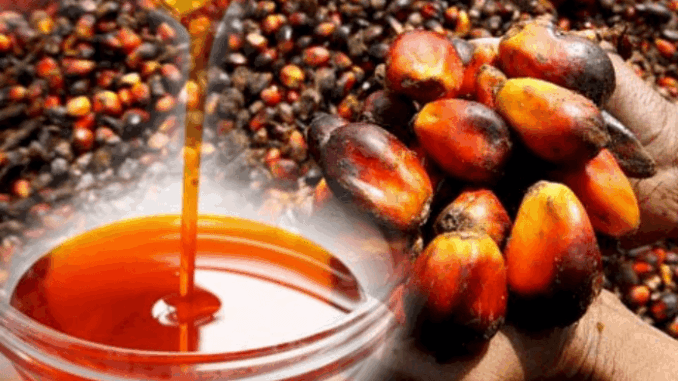
June 15, 2025 — In a move aimed at strengthening its biofuel ambitions and revitalizing aging plantations, Indonesia — the world’s largest producer of palm oil — has raised its export tax on crude palm oil (CPO) from 7.5% to 10% as of May 17.
The Indonesian Ministry of Finance also increased taxes on other palm oil products to finance smallholder farmer programs, replanting efforts, and the production of biodiesel. This comes as the country pushes to increase the palm oil content in its biodiesel blend from the current 40% to 50% by 2026. A 3% blend in jet fuel is also under discussion for next year.
Indonesia consumed 4.44 million kiloliters of biodiesel by April 2025 and targets 15.6 million kiloliters for the full year — up from around 13 million kiloliters in 2024. The country supplies around 60% of the world’s palm oil, a commodity used in roughly half of all packaged supermarket goods. The sector generates 4.5% of Indonesia’s GDP and provides employment to about 3 million people.
Despite the industry’s importance, yields have plateaued due to aging plantations and reluctance to replant, as new trees can take years to mature. To address this, Indonesia is importing approximately one million African oil palm weevils in an experimental effort to boost pollination and fruit development. Three species collected from Tanzania will be tested in North Sumatra before being released into selected plantations.
Still, environmental concerns linger. President Prabowo Subianto recently claimed oil palm plantations should not be considered deforestation since the trees qualify as forest cover. However, scientists and environmentalists argue that palm oil cultivation is a leading driver of biodiversity loss, carbon emissions, and forest clearance. Experts recommend improving yields on existing plantations rather than expanding into ecologically sensitive areas.
Meanwhile, in Nigeria — the world’s fifth-largest palm oil producer — authorities are taking an aggressive approach to revitalizing domestic production. Although the country consumes about two million tons of palm oil annually, nearly half of it is still imported.
The Oil Palm Growers Association of Nigeria (OPGAN) has launched a bold plan to replant 1.5 million hectares over the next five years as part of its Oil Palm Development Strategy for Nigeria (2024–2029). The goal: elevate Nigeria’s status to the world’s third-largest producer and revive a once-thriving industry through increased investment, sustainable practices, and modern technologies.
Edo State — regarded as Nigeria’s palm oil hub — is home to major players like Presco and Okomu Oil, both of which posted record after-tax profits in 2024 despite economic headwinds. The new strategy is being spearheaded by industry stakeholders, marking the country’s first dedicated national plan for palm oil development.
With global supply under pressure due to issues in Indonesia and Malaysia, palm oil has lost its edge as the most affordable vegetable oil, adding strain to global food prices. Both Indonesia and Nigeria are racing to secure their positions in a sector that’s crucial for food, fuel, and economic growth.
